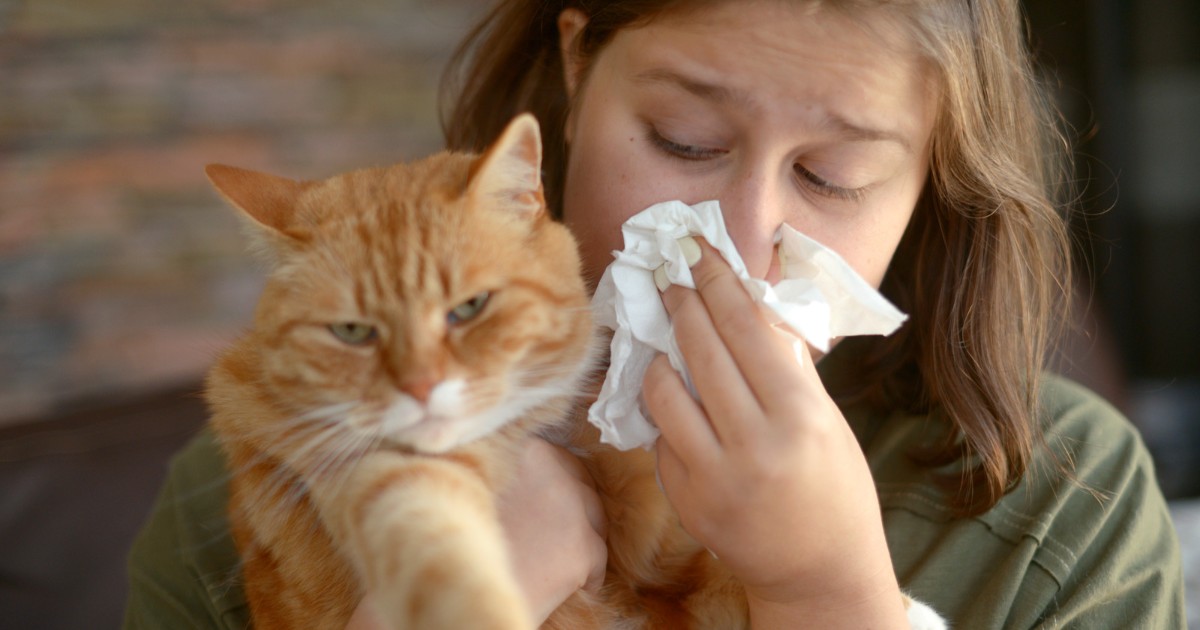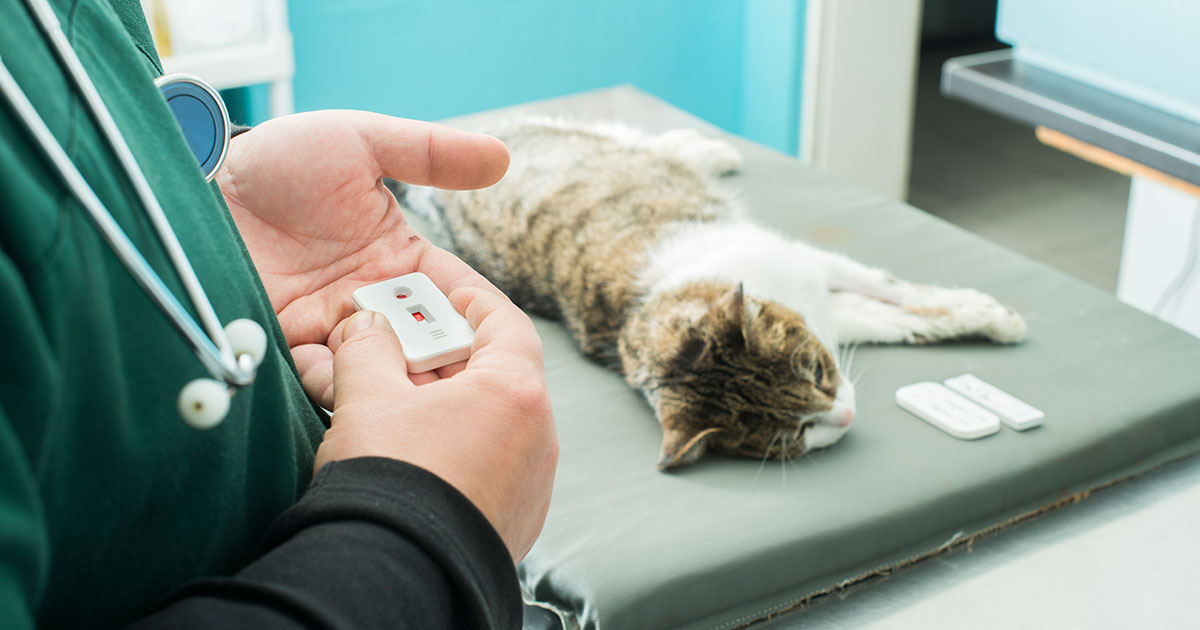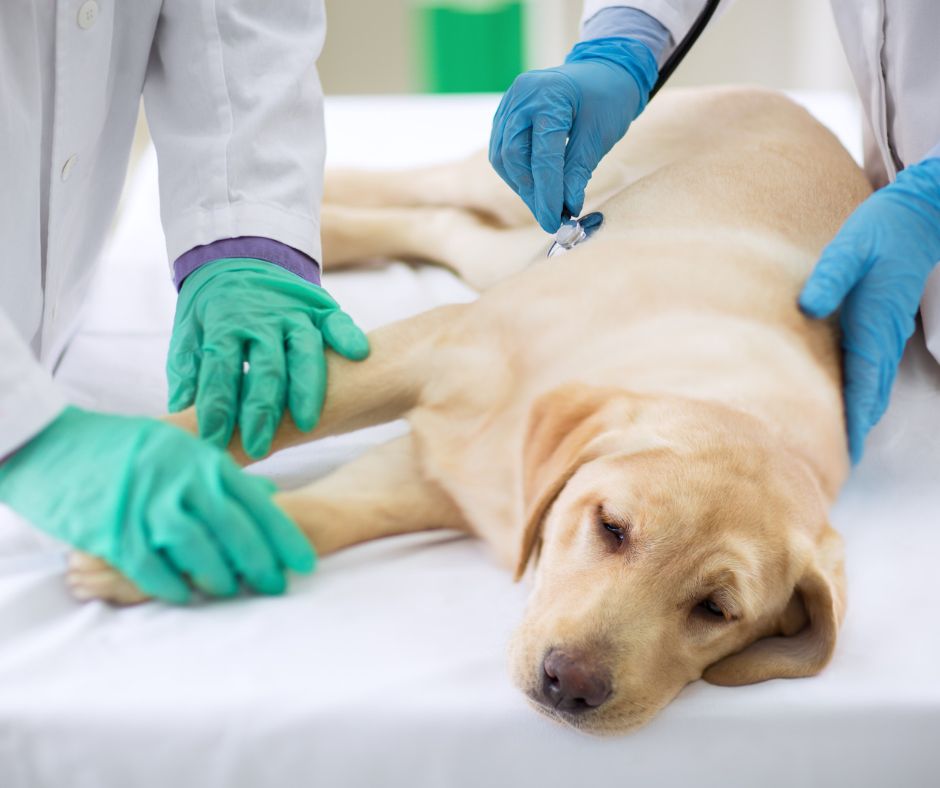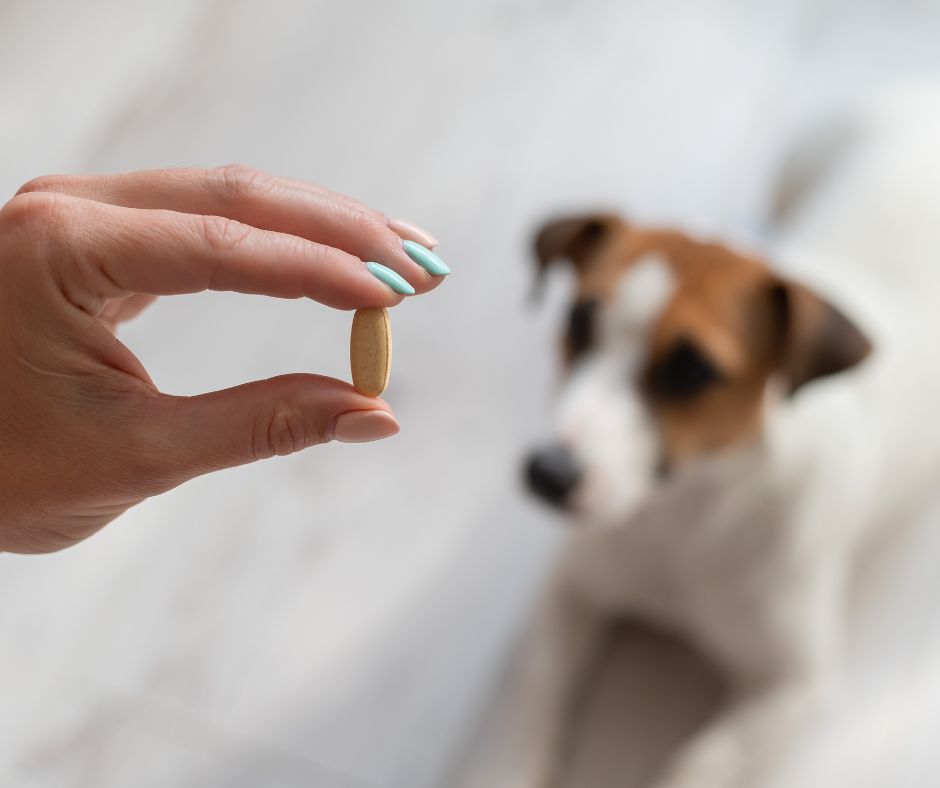
View Vetwebsites Articles
Allergies to cats

How can I decrease my allergy symptoms with a cat in my household?
What are allergies?
Allergies are your body’s immune system over-reacting to a substance or material that is innocuous and shouldn’t cause a reaction (referred to as an allergen). When the body then encounters this allergen it launches an excessive immune response resulting in symptoms such as sneezing, coughing, wheezing, itchy or swollen eyes, and rashes or hives.
Nutritional Supplements for Pets

Nutritional Supplements for Pets
I’m concerned that my pet’s diet may be deficient in vitamins and omega-3s. Can I give her supplements?
High-quality nutrition
We know that people who eat healthily and have an active lifestyle have a longer life expectancy than those who do not. The same is true for our pets. If you want your furry friend to live a longer, healthier life, it’s crucial that you feed them a high-quality, veterinary-approved diet. These diets have been scientifically formulated and balanced to meet each type of pet’s specific needs. Choose the right diet for your dog’s breed, size, age and activity levels to give
How to manage a pet that is having seizures

My pet is staring blankly and twitching, and is drooling excessively. What must I do?
It’s a frightening experience to witness your dog or cat having a seizure. In everyday life, pets are conscious and aware of their owners, responding to your words and actions, but during a seizure, a dog or cat may be standing up or lying on their side, staring blankly, twitching, convulsing and drooling, or making some seemingly terrifying sounds. You may feel scared and helpless, not knowing what’s happening to your pet or what you can do to ease their seeming discomfort.
Feline Asthma

My cat sounds like she has difficulty breathing and has regular coughing episodes. What's wrong with her?
Feline asthma is a respiratory condition characterised by a cat having difficulty breathing, frequent episodes of coughing, retching and or attempted (unsuccessful) vomiting. The symptoms are triggered by environmental allergens like dust, pollen and other inhaled particles that activate the immune system. These symptoms are a result of the narrowing of airways due to inflammatory changes, as well as the thickening (hypertrophy) of muscles lining the airways and/or their constriction. Cat asthma can be acute (sudden onset) or chronic (progressive and long-term).
Adverse Food Reaction in Pets

My pet eats a premium pet food, but they are getting sick. Help!
As logic would go, feeding your dog or cat a high-quality, premium pet food would ensure their nutritional needs are met and they would thrive and live a long and healthy life. This is every pet owner’s objective for their beloved pet. However, some pets – both dogs and cats – can experience what is called an adverse food reaction. In this article, we’ll explore what adverse food reactions are, what causes them, when to take your pet to the vet, and how adverse food reactions are diagnosed and treated.
Pancreatitis in cats

My cat is vomiting, lethargic and has no appetite
The pancreas is an organ located near the stomach and alongside the small intestine. It is responsible for producing digestive enzymes and hormones (such as insulin) that regulate blood glucose. In cats, pancreatitis is a serious condition in which the pancreas becomes inflamed leading to poor appetite, listlessness, dehydration and vomiting. It is also commonly diagnosed together with other diseases and can have life-threatening and severe long-term effects. In this article we will discuss the causes, symptoms, diagnosis, treatment and prevention of pancreatitis.
Pancreatitis in dogs

My dog is vomiting and has a very sore tummy
The pancreas is an organ located near the stomach and alongside the small intestine. It is responsible for producing most digestive enzymes as well as hormones (such as insulin) that regulate blood glucose. Pancreatitis in dogs is the condition we see when the pancreas becomes inflamed, leading to vomiting and abdominal pain. This disease can be life-threatening and have long-term effects. In this article we will discuss the causes, symptoms, diagnosis, treatment and prevention of pancreatitis.
Your new puppy

Important things to know about new puppy care
Adopting and bringing home a new puppy is a very exciting time. Everything is brand-new for your puppy and for you too. It may feel a bit overwhelming to start afresh with this new life in your home, but here are some very important parts of puppy care that you absolutely should not skip. The over-arching reason for ensuring you check all these care boxes is to keep your puppy as healthy as possible and to be a responsible pet parent.
Your new kitten

I just adopted a new kitten. What is the best veterinary advice on how to care for her from Day 1?
Important things to know about new kitten care
Adopting and bringing home a new kitten is a very exciting time. Everything is brand-new for your kitten and for you too. It may feel a bit overwhelming to start afresh with this new life in your home, but here are some very important parts of kitten care that you absolutely should not skip. The over-arching reason for ensuring you check all these care boxes is to keep your kitten as healthy as possible and to be a responsible pet parent.
Administering oral, topical, ear and eye medication to cats and dogs

I need to give my pet medication at home to complete their treatment. How do I administer it?
At some point in every pet’s life, they will need at-home treatment for a chronic or an acute illness, recurring infection, parasite control, wound care, etc. This is why it’s important for every pet parent to know how to give pets medication at home to complete their treatment. These are basic methods that are generally applicable to dogs and cats under average circumstances – we understand that some pets may be easier to handle or more relaxed than others, but we hope these tips will help most pet parents to better administer their pets’ medicines.
